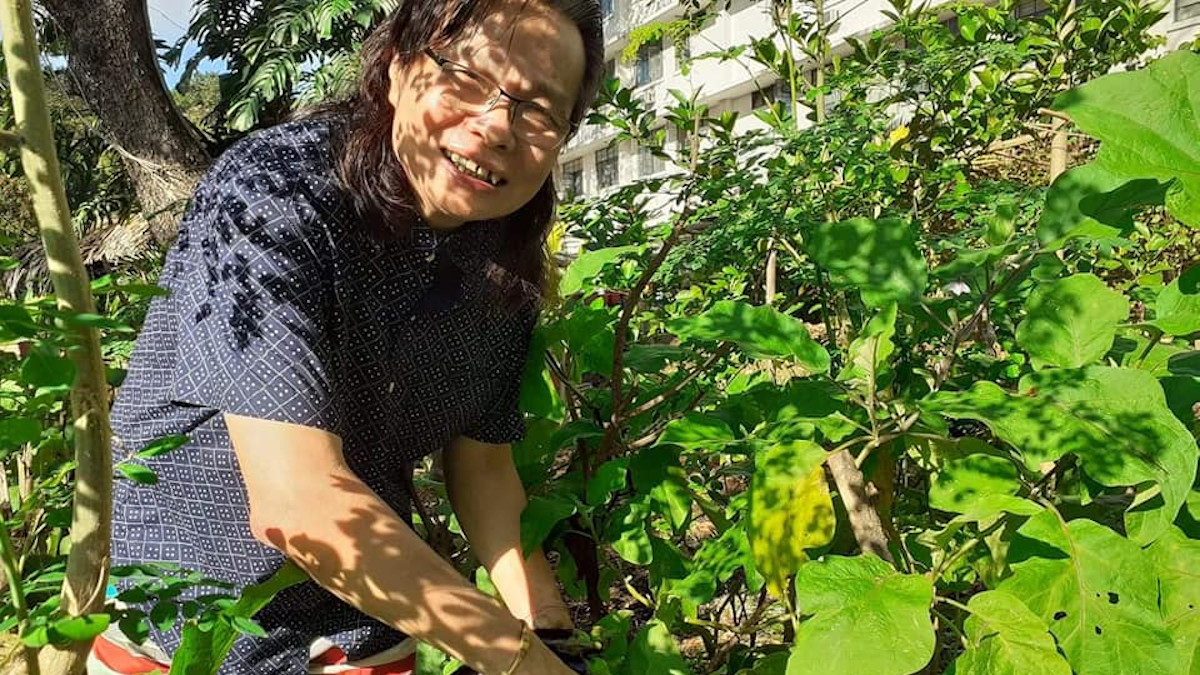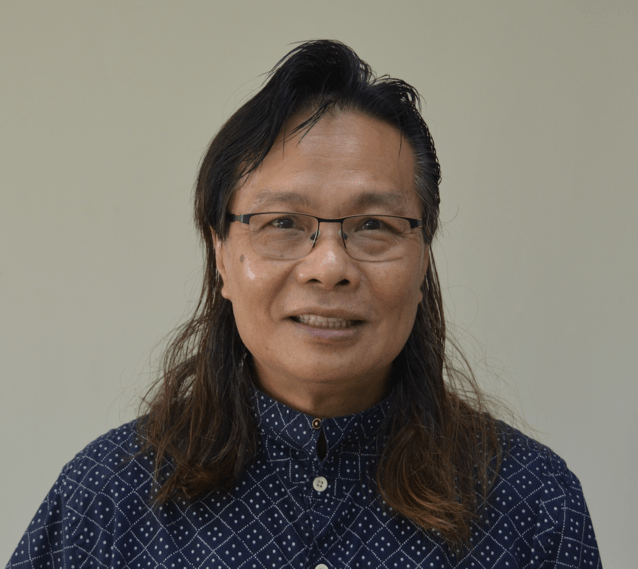
The stark remarks of both Pope Francis and UN Secretary-General Antonio Guterres are sinking in. On 22 April, Pope Francis admonished: “We are at the edge”, and Guterres warned of a “code red” for humanity: “We face a stark choice. Either we stop it – or it stops us.” Many of us take to heart Pope Francis’ message: “This is the moment to act. We need to care for nature so that nature may care for us.”[1] We need to build “a just, equitable, environmentally safe planet” through building a global climate action movement.
His admonition was echoed by Guterres who spoke bluntly in his opening message at COP26: “The six years since the Paris Climate Agreement have been the six hottest years on record. Our addiction to fossil fuels is pushing humanity to the brink.” Hearing these voices, our normal reaction would be to say: “So what?” evoking a state of inertia and paralysis, not knowing what to do and where to go from here. Worse, we could continue on with life as if it were business as usual.
In his address at the signing of the joint statement in the Hall of Benediction in the Vatican on 4 October, Pope Francis’ use of the metaphors of the garden and desert offered me a consoling challenge: “Future generations will never forgive us if we miss the opportunity to protect our common home. We have inherited a garden; we must not leave a desert for our children.”
First, I felt consolation despite my despondency with G7’s lack of commitment to the $100-billion climate fund for the decarbonisation efforts of the vulnerable nations of the global South, in terms of both mitigation and adaptation to a coal-free economy, and compensation for their loss and damage due to climate instability.
Second, I felt challenged in terms of living out the Jesuit commitment to the second Universal Apostolic Preference to beef up the spirit of resilience in what Vandana Shiva (2016) called the “small-scale, counter-cultural communities”[2], which Michael Northcott (2018) believes are the source of “resistance to corporate power …in the recovery of place, and that religious tradition is a potentially powerful source of such resistance”. Resilience is proactive in face of the inertia generated by the hegemony of the “dole out” system.
Such countercultural communities with their manifest spirit of resilience are becoming “hope-filled gardens” for nurturing the young to hear and respond to the pain of the Earth, the excluded, the outcasts, and the “thrownaways” most impacted by the long droughts, the unpredictable monsoon rainfall, the rising sea level, and the Earth’s temperature that is on track to rise 2.4C in a decade lest we systematically mitigate and adapt to phase “down/out” coal power and shift to hydro, solar, and wind power by 2050/60.
The garden is the earth-space for many earth-healing and nurturing proactivities:
- Planting more fruit trees, like lansones, lime/calamansi, marang, or papaya, and even hard wood like Miyapis, Parang Akle, Kamagong in our Jesuit residential gardens, and thus growing more city-coastal-rural forests;
- Journeying on a synodal path with young people, allowing God to open the closed petals of their hearts to the inspiration of God’s omnipresent Rûah indwelling in all things and persons, created as imago Dei, imago mundo/cosmos because all are created to be “with God, with our neighbors, and with the earth and cosmos” (LS 66);
- Inviting indigenous spirit-led intellectuals to speak of how ancestral wisdom, not the knowledge of anthropocene, is the power of “sapientialocene”, an era of change that ushers in a civilisational future of wisdom-driven/inspired society that “ripples-up” from the local to the regional, and finally, the global home;
- Strengthening the countercultural communities that practice agroecology through an empowering partnership between farmers and scientists to increase yield that is sensitive to the conservation of the diverse biodiversities, and to ensure climate stability and greater organic fertiliser, seed, and securities and sovereignty;
- Exercising care in communities to sustain the global, coastal, and rural economies, reduce the risk of future pandemics, arrest the accelerating loss of species, safeguard indigenous communities, secure water supplies, and mitigate against climate change. Such biodiversity supplies critical ecosystem services, such as food provisioning, water purification, flood and drought control, nutrient cycling, and climate regulation, as well as support human well-being and economic growth;
- Deepening among earth-sojourners the sense of oneness and interconnectivity (LS 16, 70b, 91) with all created things and persons, with a greater ecosensitivity as the strings of their hearts are always strum by the breadth of God’s Rûah (Jn 4:24) who is alive in all things which, Mark I Wallace (2000) remarks, crawl, creep, fly, swim, walk, and grow upon the earth that is spirited by Rûah Elohim and therefore sacred, thus deserving our reverential respect.
As a Jesuit with fellow companions imbued with the spirit of the four Universal Apostolic Preferences, the garden or desert becomes a red flag or “code-red” for humankind. “Garden or “desert” is as stark a choice as choosing between “life or death”, “blessings or curse” for the Creator-Sustainer-God incessantly always exhorts us (Lev 18:5; cf. Deut 30:15-20; Rom 10:5): “Now choose life, so that you and your children may live and that you may love the Lord your God, listen to God’s voice, and hold fast to God.”
[1] Brian Roewe, “Pope Francis, in Earth Day messages, warns ‘we are at the edge’ on climate change,” 22 April, 2021, https://www.ncronline.org/news/earthbeat/pope-francis-earth-day-messages-warns-we-are-edge-climate-change, accessed May 28, 2021.
[2] Vandana Shiva, Earth Democracy: Justice, Sustainability and Peace (London: Zed Books, 2016).







